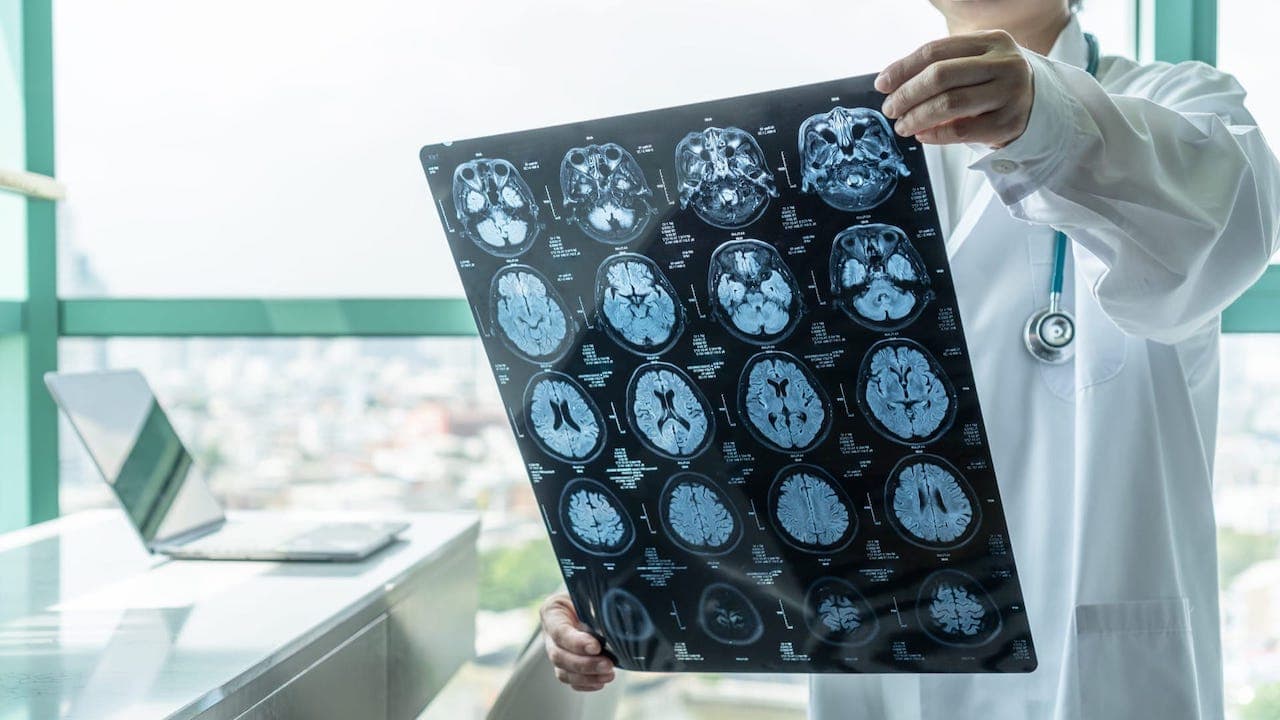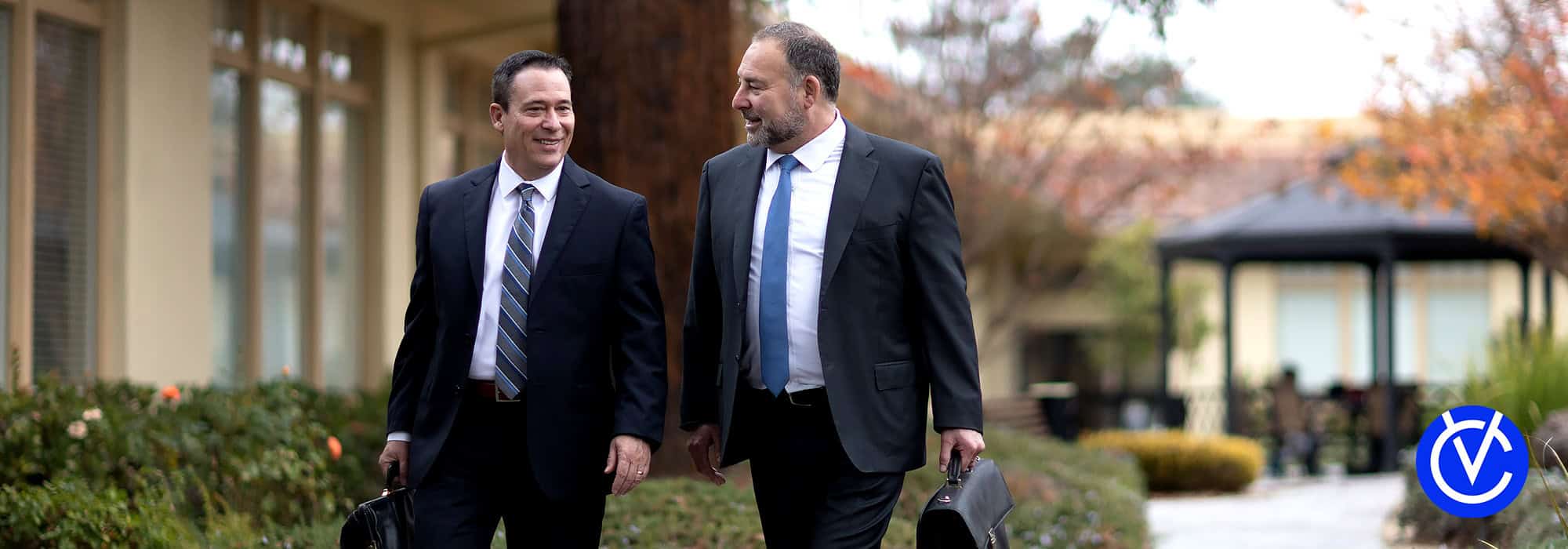The timeline for medical recovery from a Traumatic Brain Injury (TBI) in a personal injury case can vary based on several factors, such as the severity of the TBI, its type and location, the presence of complications, and the individual’s response to treatment. Here’s a general overview of the recovery phases for different levels of TBI:
Acute Phase: In most mild TBIs (e.g., concussion), individuals experience initial symptoms that can include headache, confusion, dizziness, and memory problems. The acute phase, where these symptoms are most prominent, typically lasts for days to a few weeks.
Subacute Phase: Many individuals with mild TBI recover within a few weeks to months. This phase may involve ongoing management of symptoms and gradually returning to daily activities and work or school.
Post-Acute Phase: For some, mild TBI symptoms can persist longer, but most individuals fully recover within several months.

Acute Phase: The immediate phase after a moderate traumatic brain injury involves emergency care and stabilization, which can last days to weeks.
Subacute Phase: Over the next few months, individuals may receive medical and rehabilitative interventions such as speech, occupational and cognitive therapy to manage symptoms and improve function. Recovery during this phase can vary, with some making significant progress and others taking longer.
Post-Acute Phase: Ongoing rehabilitation and therapy, which may last several months to years, help individuals regain lost functions and achieve the highest possible level of independence. People will reach maximum medical improvement within approximately 2 years, but may require ongoing therpy to help adapt to their cognitive disabilities.
Acute Phase: Severe TBIs often involve a prolonged acute phase characterized by intensive medical treatment and potentially extended periods of unconsciousness or coma. This phase can last for months or longer, especially where there has been a skull fracture, a brain bleed or swelling of the brain. Life saving procedures to stop bleeding and relieve pressure that can damage brain tissue may be required
Subacute Phase: After the acute phase, individuals will require extensive medical care and rehabilitation for an extended period, which can last from several months to years.
Post-Acute Phase: Long-term rehabilitation, often spanning several years, is essential for optimizing recovery and managing ongoing challenges due to unresolved cognitive deficits. Most individuals who have experienced a major TBI will face permanent disabilities and personality changes.
Notably, full recovery may not be possible for severe TBIs, and injured victims may face permanent cognitive, physical, and psychological impairments. In such cases, ongoing medical, rehabilitative, and emotional care is essential to improve the quality of life for the injured person and their family.
At Caputo and Van Der Walde – Injury & Accident Attorneys, our skilled and resourceful personal injury attorneys are equipped with the knowledge and h experience to provide you with the legal representation you need to prevail in a traumatic brain injury case. We will take the steps to ensure you receive appropriate compensation for past, ongoing and future medical care, wage loss, long-term pain and suffering, physical therapy and rehabilitation, and necessary home modifications.
TBI cases often require a deep understanding of medical complexities. Our attorneys can work with medical provideres who are experts in traumatic brain injury rehabilitation to assess the extent of injuries, calculate future medical costs, and establish the link between the accident and your TBI.
Our experienced TBI attorneys will collaborate with medical professionals to determine when you’ve reached MMI, meaning your condition is stable. This is a critical factor in calculating future medical costs and compensation. In brain injury cases most people have reached MMI within 2 years of their injury.
Our TBI personal injury lawyers can help you plan for the long term. They will consider the potential cost of ongoing medical treatments, therapy, and rehabilitation, ensuring that your future needs are accounted for in your compensation claim.
Calculating damages in TBI cases is complicated. Our law firm will work with financial experts and life care planners to estimate the current and future loss of income as well as costs of ongoing and future care, physical therapy, rehabilitation, nursing assistance at home, long-term medications, home modifications, and any necessary assistive devices.
Our experienced TBI personal injury attorneys know how to prove and translate the physical pain and emotional and psychological impact of your TBI into a fair financial value for pain and suffering damages.
The stakes are high in traumatic brain injury cases — the consequences can be life-altering. To ensure you receive maximum compensation for ongoing medical care, current and future income loss, long-term pain and suffering, therapy, and home modifications, you want a top-rated law firm on your side.
At Caputo and Van Der Walde – Injury & Accident Attorneys, our San Jose personal injury lawyers will build compelling evidence to prove liability and strongly negotiate with the defendant’s insurance company for the largest possible settlement for you while remaining fully prepared to go to trial if needed. To schedule your free consultation, call us at 886-545-2793 or reach us online.

As members of the Multi-Million Dollar Advocates Forum® and the Million Dollar Advocates Forum®, we have proven our ability to negotiate and litigate on behalf of our clients successfully. Retain us to put our tactical strategies to work for you. These skills are what make our legal team such a formidable opponent in any courtroom or negotiation setting.